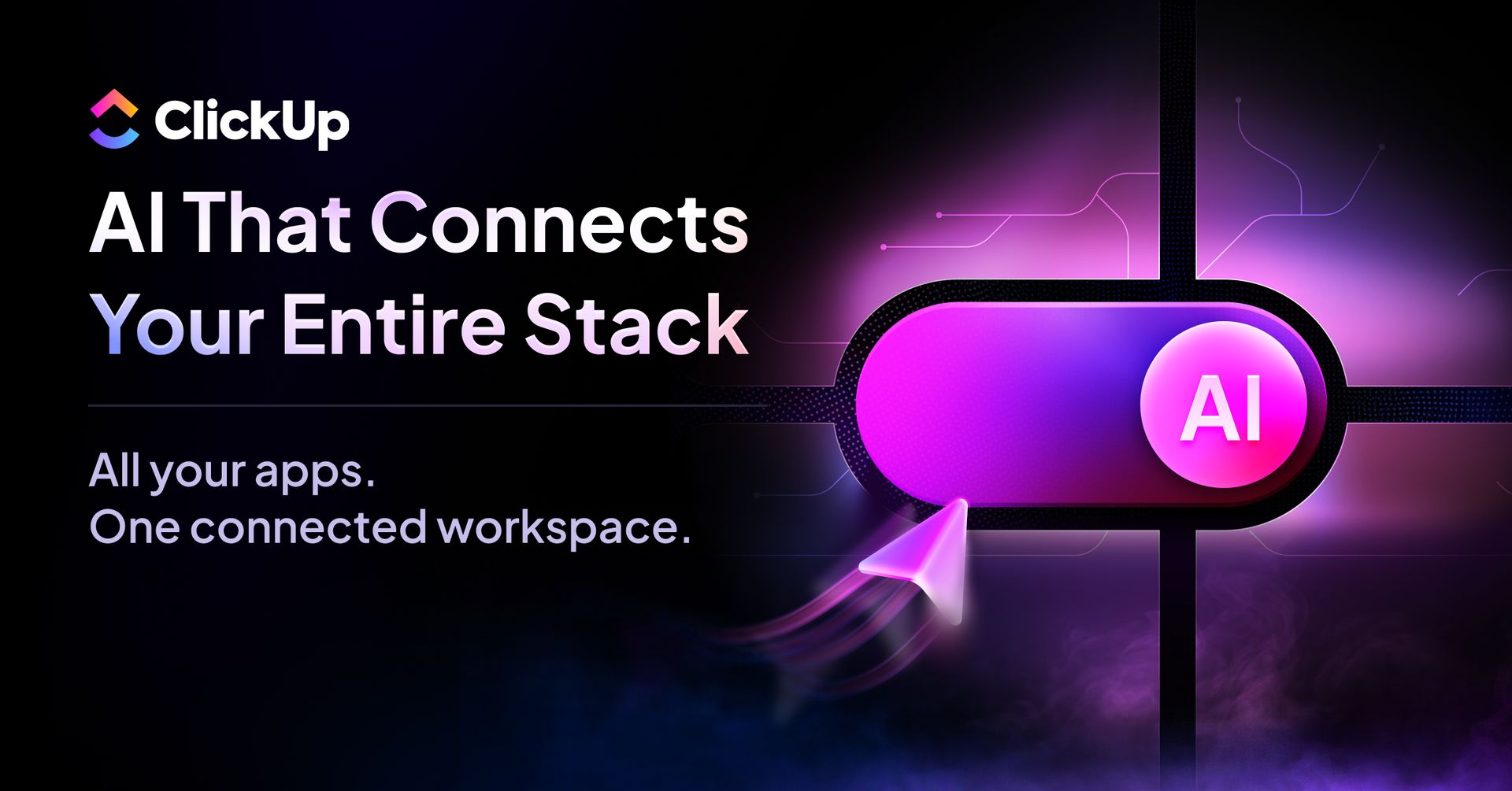- Generative AI Art
- Posts
- Alibaba's new AI chip rivals Nvidia
Alibaba's new AI chip rivals Nvidia
PLUS: Meta considers joining forces with rivals, and a new wearable robot
Alibaba has made a bold move in the global chip wars, launching its own AI processor designed to compete directly with Nvidia in the Chinese market. The timing couldn't be more strategic, as US trade restrictions have created a massive opportunity for domestic alternatives.
This development could reshape the entire semiconductor landscape, potentially splitting AI hardware markets along geopolitical lines. Will Alibaba's chip prove competitive enough to challenge Nvidia's dominance, or is this just the opening move in a much larger technological chess game?
Today in AI:
Alibaba's homegrown AI chip challenges Nvidia
Meta explores using OpenAI and Google models
Harvard's wearable robot assists with mobility
The Only AI That Knows All Your Work
Most AI tools start from scratch every time. ClickUp Brain already knows the answers.
It has full context of all your work—docs, tasks, chats, files, and more. No uploading. No explaining. No repetitive prompting.
It's not just another AI tool. It's the first AI that actually understands your workflow because it lives where your work happens.
Join 150,000+ teams and save 1 day per week.
What’s new? Responding to US trade restrictions, Alibaba has unveiled its own homegrown AI chip, creating a powerful new Nvidia alternative for the massive Chinese market.
$BABA CREATES AI CHIP TO HELP CHINA FILL $NVDA VOID - WSJ
Alibaba developed a new AI chip that's more versatile than its older processors and compatible with Nvidia tools, allowing engineers to repurpose programs written for Nvidia chips. The chip is designed for AI inference
— Wall St Engine (@wallstengine)
10:07 AM • Aug 29, 2025
What matters?
This move directly addresses the market gap created by US chip restrictions, which have limited Nvidia's ability to sell high-end AI chips in China.
The chip's launch creates a massive opportunity for Alibaba to meet the surging demand for AI computing power within its domestic market.
Developing a homegrown solution underscores China's broader strategy to build technological self-sufficiency and reduce its dependence on Western hardware.
Why it matters?
This development signals a major shift in the global semiconductor landscape, potentially fragmenting the AI hardware market along geopolitical lines. For tech professionals, this introduces a new major player in the chip space and could accelerate AI innovation within China's tech ecosystem.
What’s new? Leaked discussions reveal Meta is exploring a major strategy shift, potentially embedding competitor AI models from OpenAI and Google into its apps like Facebook and Instagram.
What matters?
This move signals a potential strategic shift for Meta, moving from a purely competitive stance to a more pragmatic approach by leveraging best-in-class technology, regardless of its origin.
Integrating these leading models could significantly enhance user experience on platforms like Facebook and Instagram by embedding top-tier AI capabilities directly within apps.
By considering this integration, Meta is challenging the industry's walled-garden approach and potentially rewriting the rulebook on how big tech companies compete and collaborate in the AI space.
Meta is considering partnering with Google or OpenAI to enhance the AI features in its apps. Discussions within Meta Superintelligence Labs have included using Google's Gemini and OpenAI's models to power the Meta AI chatbot.
Read more:
— The Information (@theinformation)
5:45 PM • Aug 30, 2025
Why it matters?
This potential pivot suggests an admission that building a single, dominant in-house model is no longer the only path to victory in the AI race. It could accelerate a future where tech giants compete on application and integration, rather than on the foundational models themselves.
Find out why 1M+ professionals read Superhuman AI daily.
AI won't take over the world. People who know how to use AI will.
Here's how to stay ahead with AI:
Sign up for Superhuman AI. The AI newsletter read by 1M+ pros.
Master AI tools, tutorials, and news in just 3 minutes a day.
Become 10X more productive using AI.
What’s new? Harvard researchers have developed a soft, wearable robot designed to provide personalized physical assistance for people with limited mobility. It helps patients regain the ability to perform daily tasks.
What matters?
The device is specifically designed to aid ALS patients and stroke survivors by adapting to their unique needs.
This soft robot assists with essential activities like eating and brushing teeth, as demonstrated in a video of the device in action.
According to one ALS patient, the technology has the potential to significantly improve a patient's quality of life.
Why it matters?
This development highlights a shift toward AI-powered robotics providing personalized care directly to patients. Such assistive technologies offer a promising future where individuals with motor impairments can regain greater independence.
Everything else in AI
Nvidia released the Jetson AGX Thor, a palm-sized 'robot brain' powered by its Blackwell GPUs designed to run generative AI and accelerate general robotics.
Google warned that cybercriminals are exploiting connected apps in Salesforce to steal company records and login details, urging customers to reset access.
Tesla shifted its Optimus training strategy to a 'vision-only' approach, aiming to teach the humanoid robot new skills by analyzing videos of human tasks.
Essential AI Guides - Reading List:
Your opinion matters!
What did you think of today's email?Before you go, please give your feedback to help us improve the content for you! |


